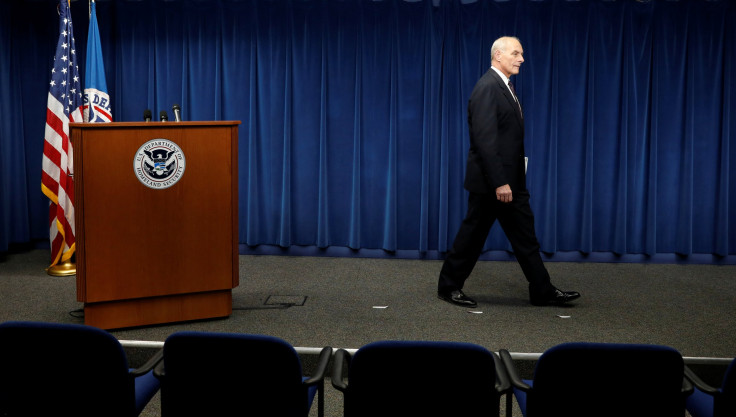Does Immigration Help The Economy? H-1B Visa Workers’ Spouses Vulnerable To Lawsuit

President Donald Trump’s opposition to the H-1B visa program for skilled foreign workers has led him to face plenty of criticism from both immigration advocates and tech community leaders. But another effort to halt the flow of laborers entering the U.S. from abroad nearly succeeded Monday.
An appeals court delayed its decision on a lawsuit by Save Jobs USA, a group of tech workers who claim they lost their jobs to immigrant workers, against a program allowing spouses of H-1B employees to work to late September. The delay came at the request of the Department of Homeland Security (DHS), the Guardian reported Monday.
Read: H-1B Visas Get New Guidelines To Fight Fraud, Abuse As Annual Lottery Begins
Save Jobs alleged in the 2015 lawsuit that the DHS had no authority to create the H-4 visa category for H-1B holders’ husbands and wives, as it did in February of that year to make relocating easier for married H-1B workers. Following the Washington, D.C., federal court’s decision to uphold the DHS rule, Save Jobs’ September appeal and a 60-day delay to await the new administration’s policy changes, the appeals court punted the decision an additional 180 days down the line, according to the Guardian.
DHS estimated upon the rule’s enactment that the addition of H-4 visas could flood the workforce with nearly 180,000 workers in its first year and 55,000 annually every subsequent year.
The Trump administration recently reopened the premium processing route for H-1B visa applications, which allow companies to import workers more quickly with a $1,225 fee and a 15-day wait time, after suspending it earlier in March. The program, which mostly benefits Indian workers and firms, is open to holders of bachelor’s or higher degrees who work in fields like engineering, math, business and other technology areas.
Recent research has shown the H-1B program has historically put downward pressure on the wages of tech employees, but yielded a boost in productivity and lower prices for consumers. The DHS announced plans Monday to prevent fraudulent use of the program, which is available to 85,000 people annually.
© Copyright IBTimes 2024. All rights reserved.






















